This column is headed ‘The Politics of Property’ and these days that means one word - Brexit.

The whole of Europe is still convulsed by the outcome of our EU referendum, which has already led to the arrival of a new and very different UK government.
The prime minister has wasted little time in announcing the repeal of the European Communities Act and indicating that Article 50 will be invoked early in 2017.
It is becoming clear that what the UK is now aiming for is not hard or soft Brexit but clean Brexit.
May believes that control of our borders is not negotiable. The EU is not prepared to accept that proposition or even discuss it. Thus the choice we face is between an endless and ultimately fruitless negotiation with the EU over what sort of package they would offer us to remain in the single market or a decision by the UK to leave and negotiate from that point on.
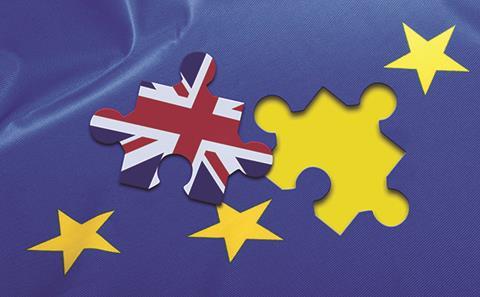
The latter clean break is the only practical option. Having left the single market, we will remind its remaining members that they export as much to us as they do to the US, which is also not in the single market and certainly has no intention of ceding control of its borders.
We will declare that we intend to impose no tariffs whatever on trade with the single market - unless they do so to us first. The boss of Jaguar Land Rover recently expressed concern about Brexit. He need not fear.
His concern is as nothing compared to that of the bosses of Audi, Mercedes, Volkswagen, BMW and Porsche when no less than 20% of German automotive exports come to the UK.
If the EU insists on tariffs on UK exports to the single market, the member states will know that as they export a far higher volume of goods to the UK than we do to them, they will be cutting their noses off to spite their face.
It wouldn’t be the first time that politicians have done just that, but what is noticeable is the growing gulf between the EU whose leaders are desperate to survive and the member states that are increasingly asserting their authority over Brussels. They need to protect their trade with the UK when the balance is so strongly in their favour.
Independent negotiations
Meanwhile, the benefit to us in the UK of a clean break is that we can then negotiate trade deals with countries such as the US, India and China, while the EU simply can’t. The Transatlantic Trade and Investment Partnership has collapsed because of French intransigence.
Sterling has been under pressure since the Brexit decision but this was to be expected from the same traders who pushed it up so far before the vote. There are a few battered egos sitting on those trading floors. But currencies rise and fall.
In the short term we will import inflation of around 2% but this will be offset by the National Living Wage. Exports and tourism will benefit. There will be no recession, technical or otherwise.

Global investors managing a huge wall of cash need returns that money products do not provide.
Next up the risk curve is real property and the UK remains a key market for those funds. So while there will certainly be a degree of foot on ball as far as London commercial is concerned, principally because of concerns over the passporting of financial services, the London market overall remains attractive.
Apple’s move to 500,000 sq ft at Battersea Power Station shows the technology, media and telecoms sector, which has no Brexit concerns, continues to see London as the place to be.
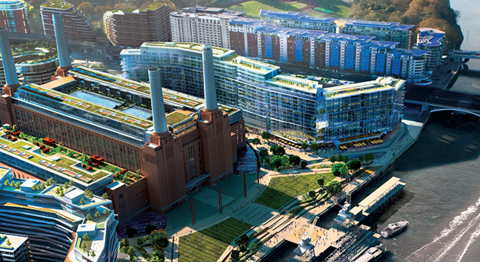
Meanwhile, the residential market has problems that were either caused or ignored by the last administration.
Chancellor Hammond’s commitment to a £5bn housing package will help. He needs to go further and reverse George Osborne’s SDLT changes, which snuffed out mobility while lowering Treasury receipts - a rare achievement.
And he should look at how Osborne killed the buy-to-let market, so denying those who cannot afford a deposit on a place to live.
Theresa May has been happy to review virtually every decision the previous administration took. Let us hope her chancellor is equally keen to do so.
Steve Norris is chairman of Soho Estates and BNP PRE


























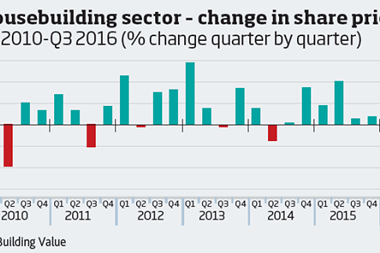
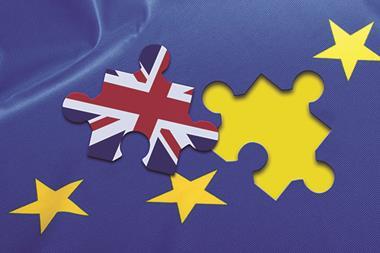
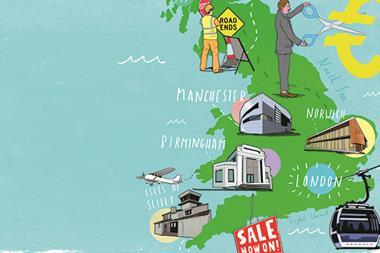
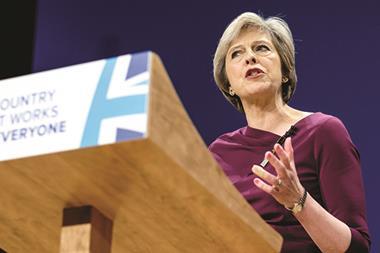
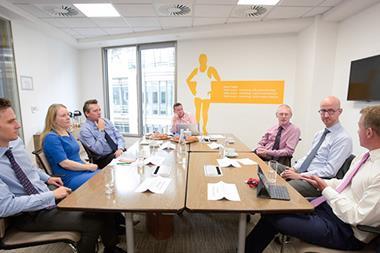

2 Readers' comments